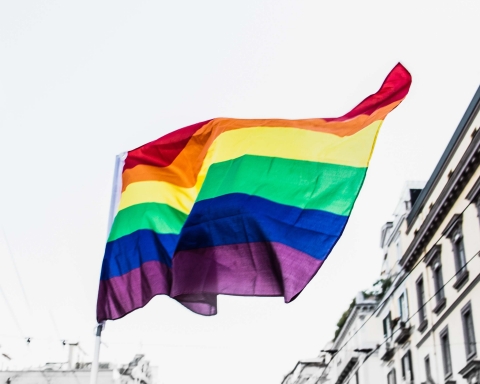In recent years, the concept of paying reparations to Black Americans has been a center of discourse on racial equity (in part because of Ta-Nehisi Coates’ article “The Case for Reparations,” published in the Atlantic in 2014).
In his article, Coates starts a dialogue about how the U.S. could compensate black Americans for the legacy of slavery. The question is easy to answer: There’s no way for America to provide full reparations to the descendents of slaves, or to the Black Americans who live today amongst institutions that continue to be complicit in racism.
However, his article sparked a national discourse about what reparations might look like. Although not much action has been taken, Chicago recently passed legislation dedicating $5.5 million in reparations to survivors of police violence.
Because the idea of reparations exists mostly in theory in America, it’s interesting to learn how other countries have addressed the concept in legislation. For instance, Germany announced a plan in the fall of 2016 to provide monetary reparations to gay men incarcerated under Paragraph 175, a law that rendered acts of sodomy illegal until 1994.
Of course, there’s a world of difference between the experiences of Gay men in Germany and those of Black Americans. But by calling the program “reparations,” Germany is participating in a discourse that started with the Black Lives Matter movement.
The payout has been set at 30 million Euros (about 35 million American dollars). Although most of the victims of the law aren’t alive to accept the money, Germany’s justice minister has estimated that 5,000 affected gay men will receive payments. In addition, the 50,000-some records of formerly imprisoned gay men will be expunged.
Paragraph 175 goes back to the 1800s, but was redoubled during Nazi reign. LGBT havens like Berlin, home of the groundbreaking Magnus Hirschfeld Institute of Sexual Research, were raided and thousands of queer people were thrown in concentration camps. In the camps, gay men were often used for cruel human experiments.
Justice Minister Heiko Maas stated that “We cannot completely undo these outrages of the rule of law, but we want to rehabilitate the victims.”
The plan is specifically directed at Gay men, so it will be interesting to see whether Germany has any upcoming plans to provide reparations for others on the LGBTQ+ spectrum affected by similar legislation. Still, it’s progress for Germany to make the gesture. Hopefully, programs like Germany’s will open up space for more reparations-based legislation in the U.S.
Author: Clare McKinley









